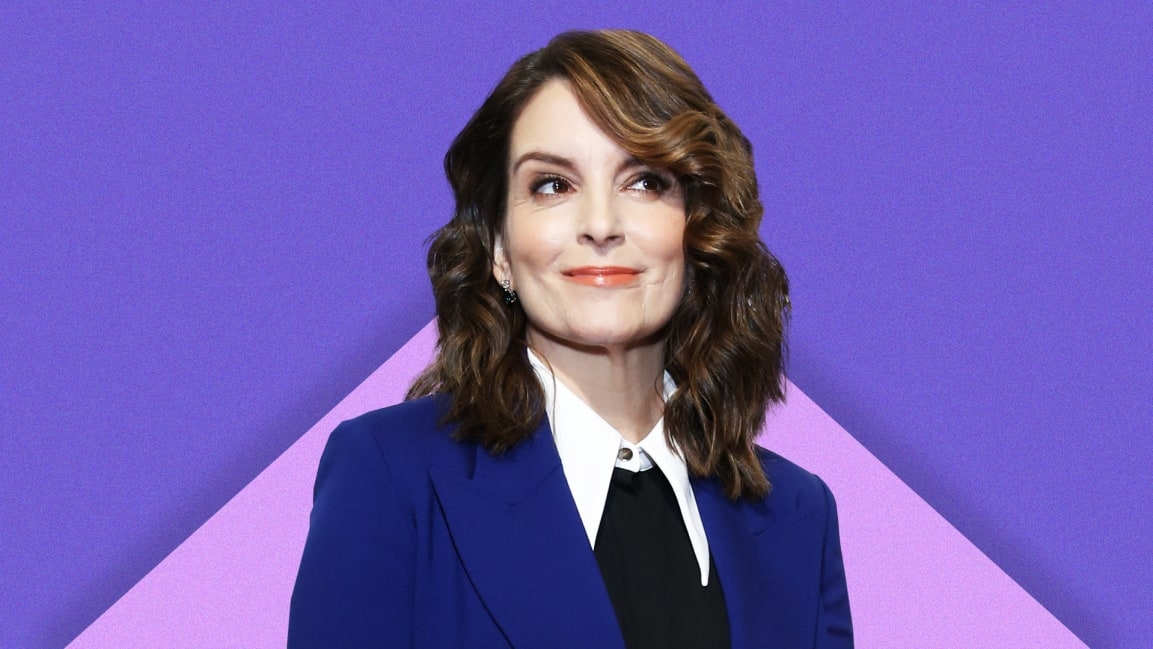At Tina Fey’s request, ’30 Rock’ is the latest show to pull its blackface episodes
What’s considered acceptable in comedy is always evolving.
In the mid-aughts and beyond, Louis C.K. would drop the N-word in his stand-up for fans who found it an edgy thing to do, rather than the crossing of a red line. Stephen Colbert would consistently use language in televised jokes involving the trans community that he never would today. And a staggering number of comedians that blackface was fair game, if deployed to make a cheeky point about racism.
That number includes Tina Fey and the writers at 30 Rock, a show with not one but four episodes featuring characters in blackface—all of which have just been pulled from streaming services at Fey’s request and are no longer available for purchase from Google Play and iTunes.
“As we strive to do the work and do better in regards to race in America, we believe that these episodes featuring actors in race-changing makeup are best taken out of circulation,” Fey wrote in a note obtained by Variety. “I understand now that ‘intent’ is not a free pass for white people to use these images. I apologize for pain they have caused. Going forward, no comedy-loving kid needs to stumble on these tropes and be stung by their ugliness. I thank NBCUniversal for honoring this request.”
It’s difficult to comprehend now, but up until fairly recently, blackface was just something you might see on TV from time to time. Both Jimmy Fallon and Jimmy Kimmel appeared on late night shows in blackface in the early 2000s, for instance. Creators at the time were surely aware that this format is deeply rooted in racism, going back to the minstrel shows of the early 19th century, and yet they seemed to think it remained a serviceable vehicle for comedy given the right context. Now that the Black Lives Matter movement has forced America to examine its racial prejudices closer than ever before, streaming services are scrambling to remove the embarrassing material from their platforms. 30 Rock is only the latest offender to come under the microscope in recent weeks.
Around the time HBO Max temporarily pulled Gone With the Wind to add a disclaimer putting the film’s problematic nature in context, shows with blackface began disappearing. Netflix pulled British shows The Mighty Boosh and Little Britain entirely, along with an episode of 2015’s Mr. Show revival, With Bob and David. (Netflix also removed four series by Australian entertainer Chris Lilley from its Australia and New Zealand platforms for Lilley’s frequent use of blackface.)
There’s probably more to come, as well. Comedy Central’s The Sarah Silverman Program features a 2007 episode in which the creator dons blackface, something Silverman no longer stands by, and in a 2009 episode of AMC’s Mad Men, John Slattery goes full minstrel show and sings “My Old Kentucky Home” in blackface.
And then there’s the matter of Tropic Thunder, the 2008 film featuring an Oscar-nominated performance from Robert Downey Jr., mostly in blackface. (If you haven’t seen the film, Downey Jr. plays a method actor so committed to authenticity that he undergoes skin pigmentation surgery to play the role of a Black man in a film-within-the film.) Still streaming at HBO Max, Tropic Thunder has as yet avoided major reevaluation during the current reckoning. The last public word on the film comes from Downey Jr. himself, who said in an interview with Joe Rogan back in January that he thinks his use of blackface was acceptable because “90% of my Black friends were like, ‘Dude, that was great.’”
Perhaps the current conversation about race will make the actor reconsider what the other 10% of his Black friends thought at the time.
(53)



